Author: CYS
Reading Time: 2 minutes We are thrilled to announce the launch of a new Children & Society special issue, ‘Conceptualising and Researching Child and Youth Activism’. The collection seeks ‘to provide a platform for the range of child and youth activism emerging globally and the participatory methods that contribute to these movements’.
Reading Time: 3 minutes The landscape of children’s literature is rapidly evolving, with significant changes in how children interact with picture books. Traditional linear narratives are being challenged by non-linear interactive picture books, offering young readers novel reading experiences. But what exactly are these books? And how do they foster children’s emotional development?
Reading Time: 4 minutes Where do young children play in public life? Are these social and play spaces designed with young children and their communities in mind? What would an ideal social and play space look and feel like from young children’s and their communities’ perspectives? What would an ‘inclusive’/ equitable social and play space look and feel like?
Reading Time: 2 minutes For those of us involved in childhood research, the suffering of children, the taking of children as hostages, the deaths of children– and there are so many children impacted in these and other ways, in Israel and Palestine – is inexcusable.
Reading Time: 2 minutes How we conceptualise children and childhood matters. It impacts what we study, how we study it and our conclusions; it also permeates how we form and deliver policy and practice.
Reading Time: 3 minutes The increasingly hot weather of our planet has dire consequences for humans and other organisms, with flood, fire and drought leading to food insecurity and climate change induced migration.
Reading Time: 2 minutes Thanks to funding from the Royal Society of Edinburgh, the Observatory of Children’s Human Rights Scotland is developing a new Research Network on children’s human rights.
Reading Time: 4 minutes I shared a snapshot of my PhD research project and some emergent findings around the skills, knowledge and values young people conceptualised as key in an informal civic education organisation case study.
Reading Time: 3 minutes Authors: Kay Tisdall, University of Edinburgh; and Patricio Cuevas-Parra, World Vision International. As childhood researchers and policy experts, we come from a children’s human rights perspective with an extensive interest in supporting children and young people’s participation. For years, we have been exploring the implementation of Article 12 of the UN Convention on the Rights […]
Reading Time: 3 minutes I would like to start this blog by inviting you to reflect on two key questions: what does stigma mean and what does stigma entail? Some may struggle to answer such questions and that’s completely understandable.


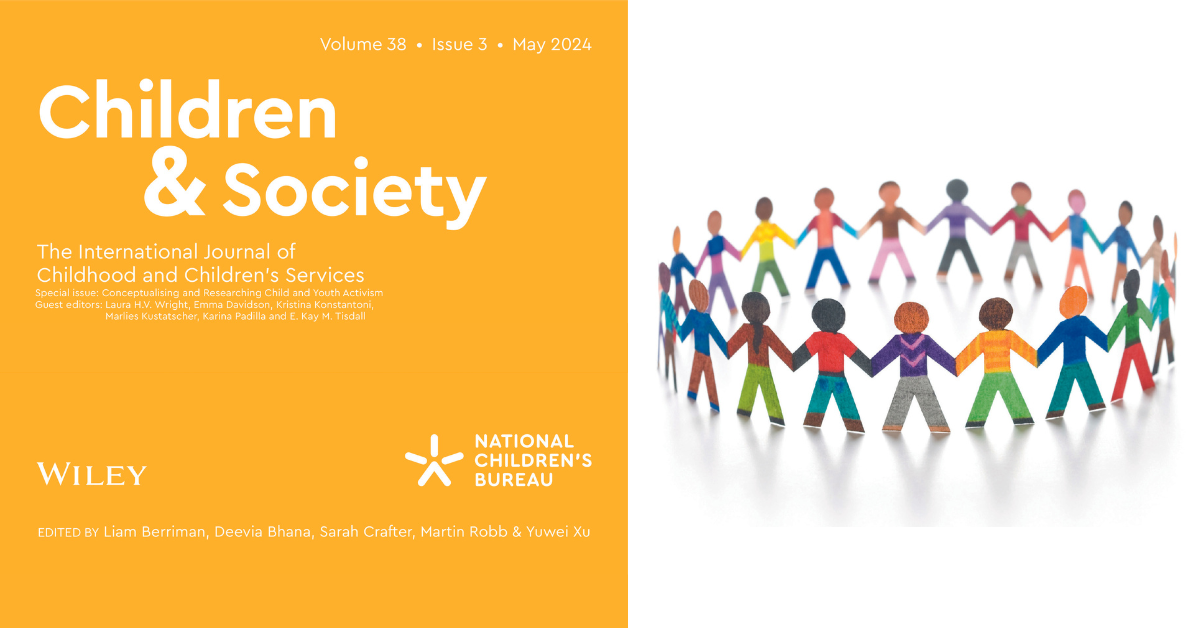
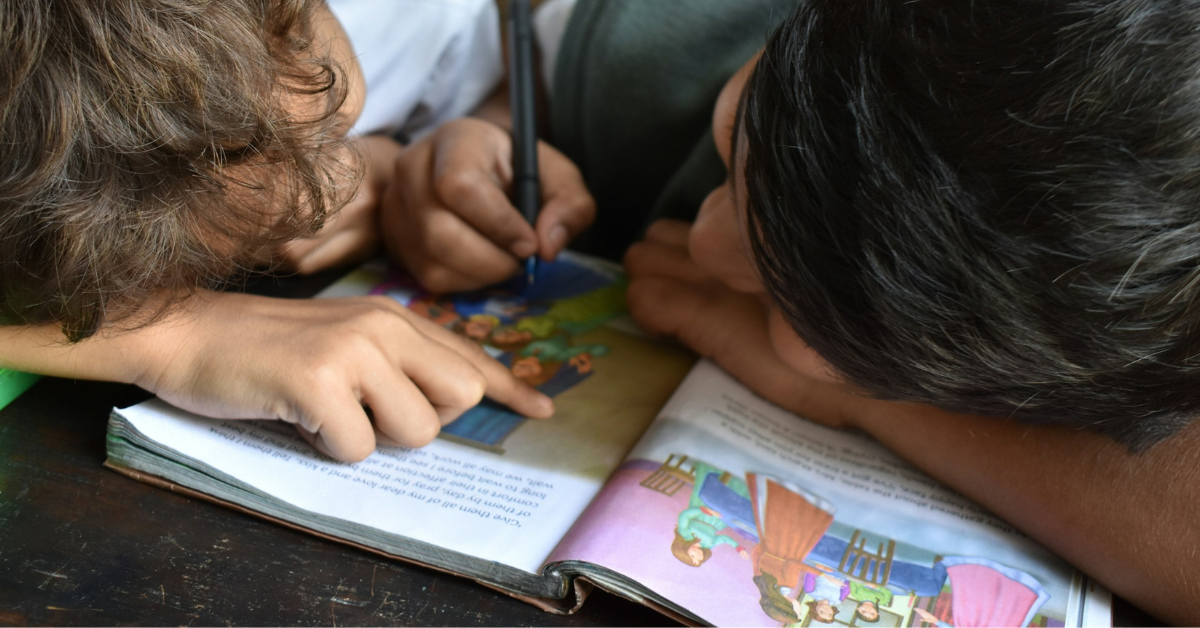
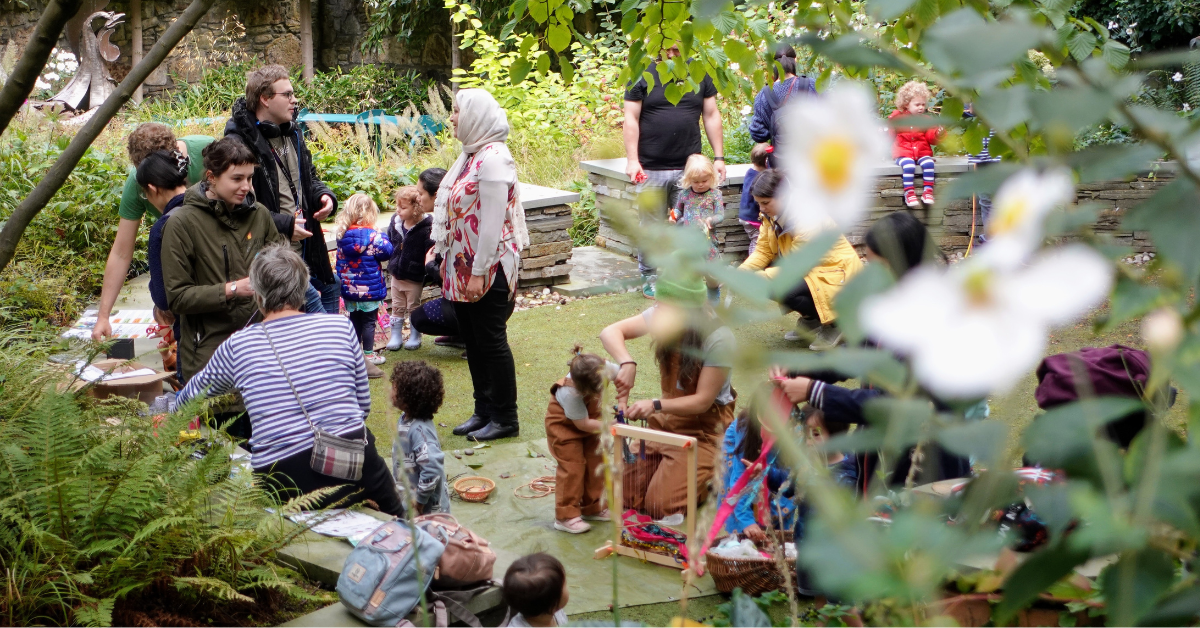

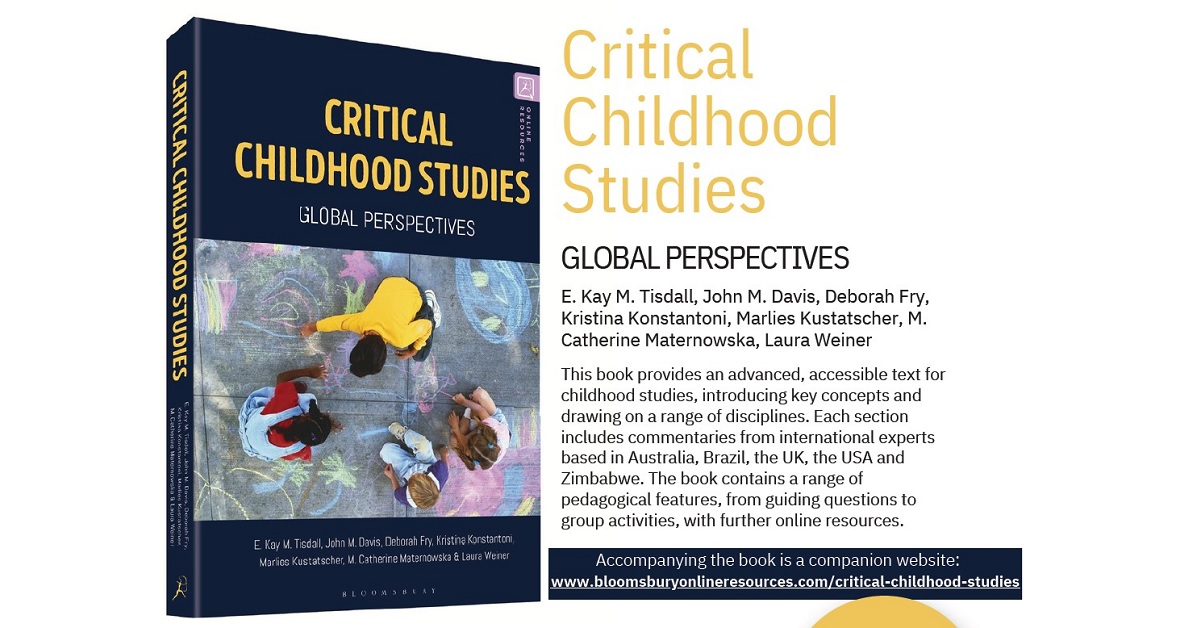
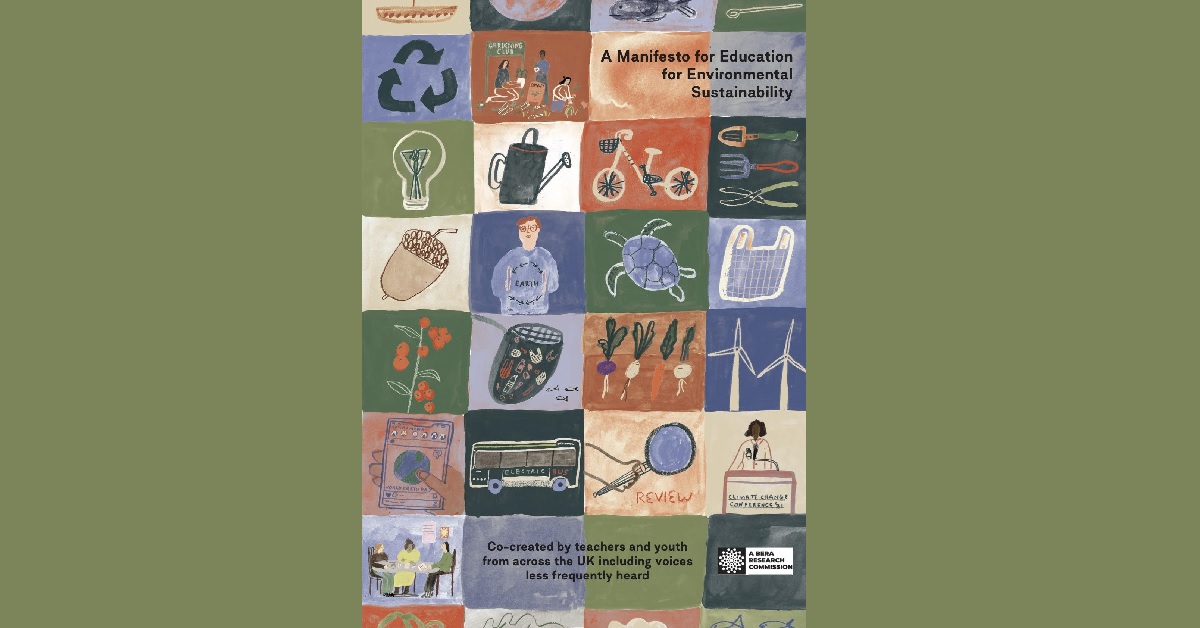

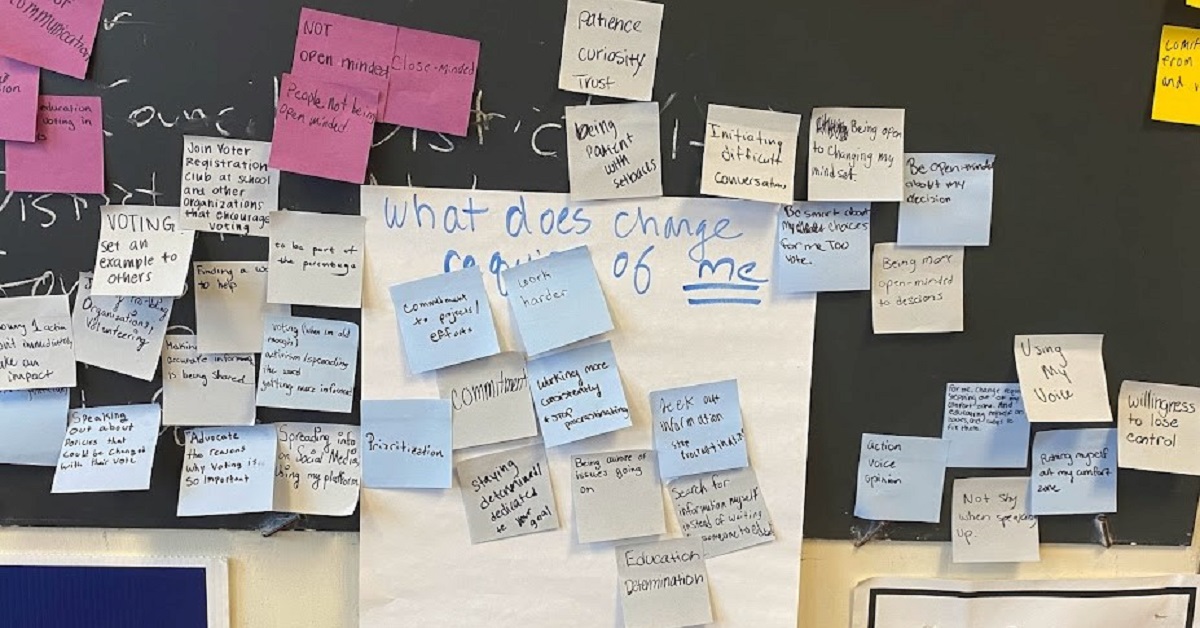
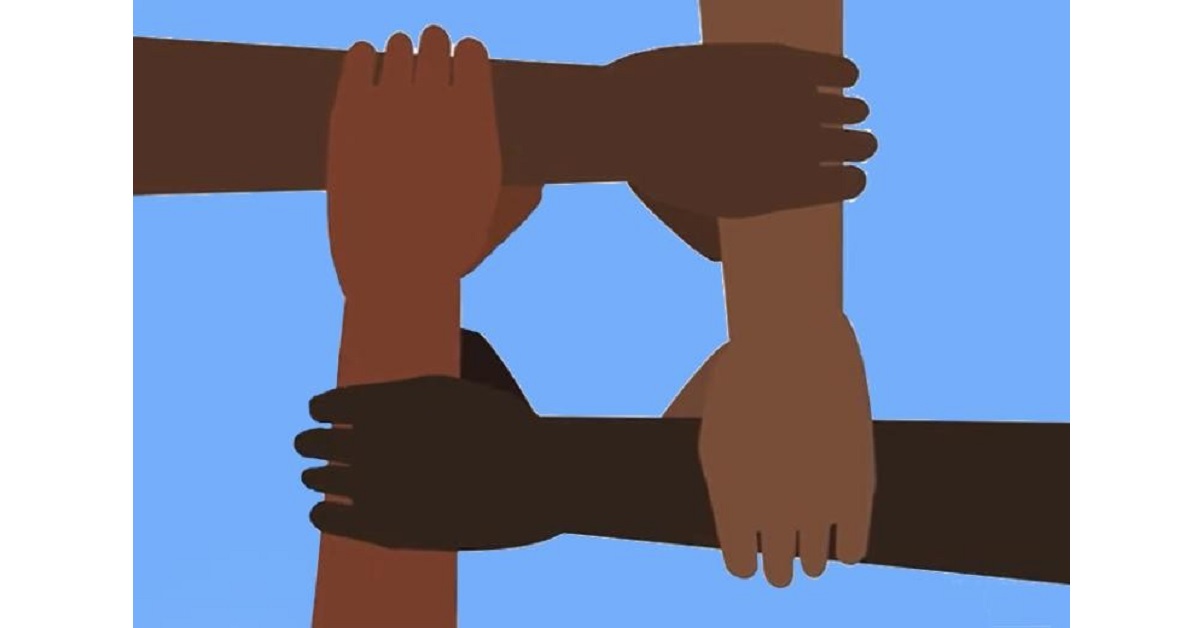
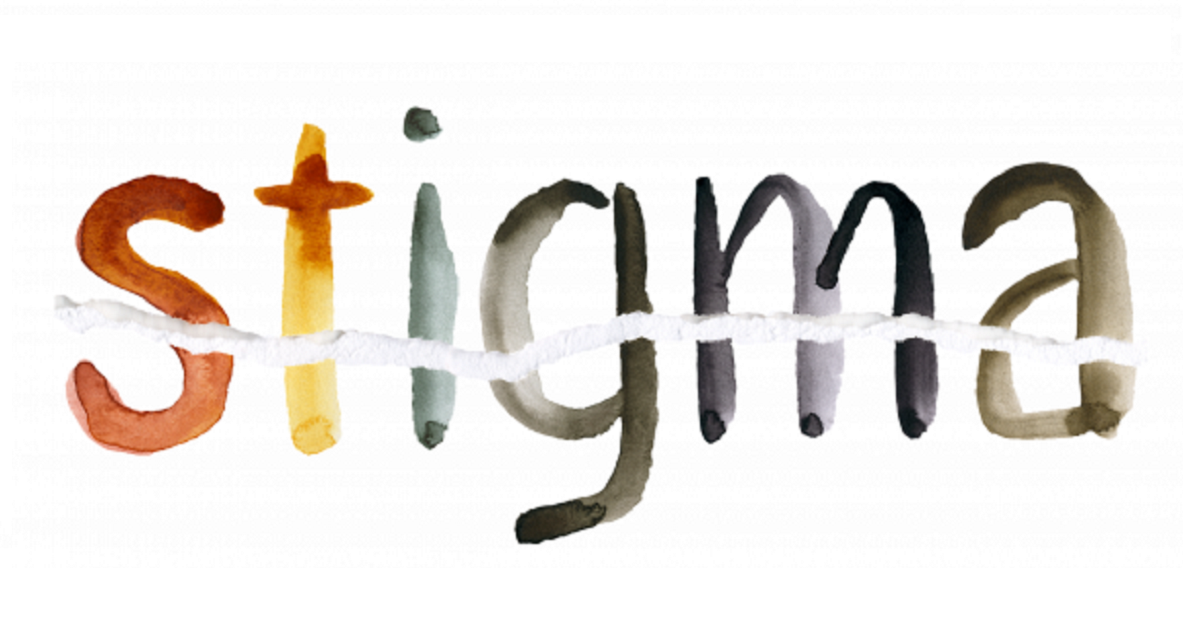
Recent comments